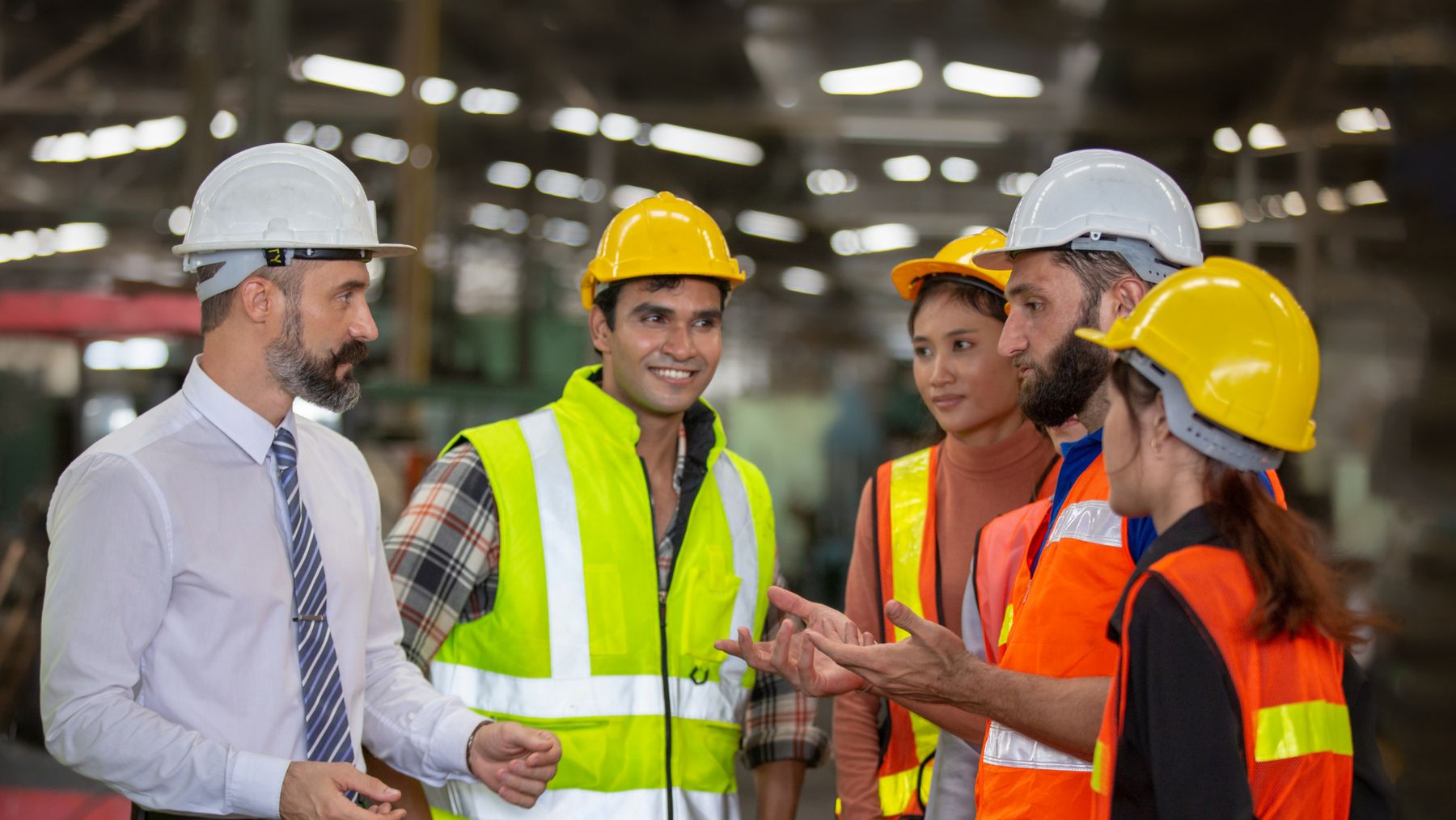The Impact of Automation and AI on the Workforce
Automation and artificial intelligence (AI) are revolutionising the way businesses operate, bringing about profound changes in the workforce. These technological advancements offer significant opportunities for efficiency and innovation but also present challenges that organisations must navigate. Here's a comprehensive look at the impact of automation and AI on the workforce.
Enhancing Efficiency and Productivity
Automation and AI can take over repetitive, mundane tasks, allowing employees to focus on more complex and creative aspects of their work. This shift can lead to increased efficiency and productivity.
Creating New Roles and Opportunities
As automation and AI take on certain tasks, new roles and opportunities emerge in areas such as data analysis, machine learning development, and human-AI collaboration. These roles require new skills and expertise.
Challenges in Skill Transition and Retraining
The displacement of certain jobs by automation and AI necessitates skill transition and retraining. Organisations must invest in continuous learning and development to equip employees with relevant skills.
Ethical Considerations and Bias in AI
AI systems can inadvertently incorporate biases present in their training data. Ethical considerations around fairness, transparency, and accountability are vital in implementing AI responsibly.
Implications for Employee Well-Being
The integration of automation and AI can lead to concerns about job security, work-life balance, and mental well-being. Supportive policies and transparent communication can mitigate these concerns.
Enhancing Decision-Making with Data and Insights
AI-powered analytics and insights enable better decision-making by providing real-time data, predictive modelling, and personalised recommendations, enhancing strategic planning and execution.
Accessibility and Inclusivity through Automation and AI
Automation and AI can enhance accessibility and inclusivity by providing assistive technologies and personalised experiences, catering to diverse needs and preferences.
Collaboration between Humans and AI
The future of work will likely involve collaboration between humans and AI, where each complements the other's strengths. Building effective collaboration requires understanding, trust, and clear guidelines.
Regulatory Compliance and Security Concerns
Compliance with regulations and ensuring security are critical aspects of implementing automation and AI. Robust measures must be in place to safeguard data, privacy, and compliance with legal standards.
The Future of Automation and AI in the Workforce
The future landscape will likely see continued advancement in automation and AI, further integration into various industries, ethical standardisation, and a focus on human-centric approaches.

